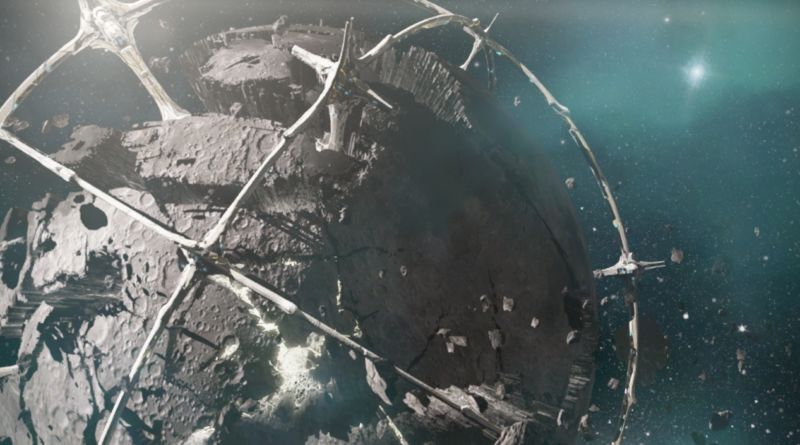Deaths of the Universe
The Universe isn’t really that old. It’s about 13-14 billion years old. Sounds like a big number, but in the world of mathematics, it’s tiny. It’s relatively young, when you think about it. But what will the universe do when it does get old? How can a universe die?
While this is a rather morbid question, I find myself thinking about it a lot. The death of the universe is so far away that we don’t need to stress about it. It’s something for far future humans to worry about. Assuming we get that far. Anyway, despite being so far away, scientists do have ideas about how the whole universe will eventually come to an end. There’s actually quite a few ways, some faster than others.
Originally, it was thought that the universe would expand and expand, before gravity would take over and squish everything down again, essentially creating a second big bang, something called a Big Crunch. The universe would oscillate between these two states, constantly creating and destroying the universe. Of course, this would happen on the scale of the universe, so it would take a long time.
However, this symmetrical universe theory has a bit of a problem. The universe is expanding faster than gravity can keep it together. This makes a Big Crunch impossible, because there’s never going to be enough gravity to pull things back together. What is making the universe constantly expand, we’re not sure, but it’s probably dark energy, something we can’t really measure or see or anything like that. In fact, we have both dark matter and dark energy and apparently they make up most of the universe, but we have no idea what it is.
If there is too much dark energy, the universe will continue to expand, but it will also start accelerating faster and faster. When that happens, the universe could undergo a Big Rip, where the dark energy becomes so much stronger than gravity that it starts tearing things apart. In fact, dark energy could become so strong that it can beat the strong and weak nuclear forces and destroy atoms. But the amount of dark energy in the universe seems rather stable, so it’s not too bad.
The theory that has the most attraction though is heat death. The laws of thermodynamics suggest that everything eventually settles down and becomes stable, and the universe will do the same thing. There will be no action and no heat, because everything has set down into a stable, uniform and boring state. We’ll be left with a vast, cold universe of nothingness. This is the most ‘popular’ prediction, but thankfully the universe is so vast and has plenty of energy in it that heat death will take tens of trillions and even hundreds of trillions of years. So quite a slow death. Heck, it’s predicted that stars will keep on forming for trillions of years too so we’re safe for now.
That being said, there is a way that the universe could die right now. Well, theoretically.
Basically, the universe is permeated with different ‘fields’ that particles pass through. These fields are stable and, when at rest, nothing happens. However, some fields aren’t completely stable, and may have gotten stuck on their way to becoming stable and completely at rest. One potential field like this is the Higgs field (related to the Higgs’ Boson). While this field is metastable, something could suddenly make it unstable. Should this happen, the field collapses and takes everything out with it and releases a TON of energy. So you end up with a massive, expanding bubble where, inside, the field is now stable, but everything else is annihilated or completely different, a bubble that eats up the universe around it. This is called False Vacuum Decay.
Luckily, should something like that happen, it would happen too fast for us to notice. And there’s a high chance that, somewhat ironically, our quickly expanding universe can outpace a false vacuum death bubble.
But really, we’re fine. Most of these will only happen in the far, far, far future, when we’re all dead and can’t worry about it.
